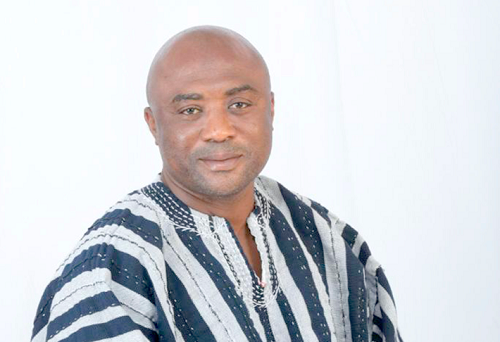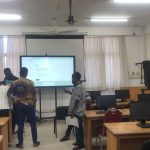The Ghana National Association of Teachers (GNAT) has called for an urgent national stakeholder dialogue to relook at the Free Senior High School (SHS) programme in relation to the country’s current economic situation.
The dialogue, the teachers’ umbrella body said, should be aimed at smoothening the rough edges of the programme, leading to a review for a seamless implementation.
Speaking on behalf of GNAT, the General Secretary, Thomas Musah, told Graphic Online’s Emmanuel Bonney that key issues that could dominate the discussion at the dialogue included the admission framework and processes, parameters for students’ qualification, infrastructure and ancillaries, sources of funding, involvement of parents, corporate entities, parent-teacher associations, alumni, traditional authorities and old students’ associations.
“As a critical stakeholder in the education enterprise, GNAT hereby calls for a drastic review and overhaul of the Free SHS Policy to ensure its smooth and successful implementation for the good of Ghana, our motherland.
“All concerned and interested bodies, agencies, academics, alumni associations, teacher unions, organised labour and parents, among others, should be brought on board for this very crucial and important dialogue to ensure a very broad participation and voice in this national assignment.
Expertise elsewhere on the African continent and the world at large could also be sought,” the GNAT General Secretary said.
The GNAT General Secretary said although the intention of the “Free SHS Policy is good, the reality is that the government lacks the resources to make it reasonably practicable.
“Again, it is putting more burden on taxpayers and preventing resources from other alternative uses in the economy,” he added.
Mr Musah said from the inception of the policy, many Ghanaians, academics and critical stakeholders in the education sector wondered whether the government had the economic muscle to carry it through and make secondary education wholly free.
Many even proposed a system of cost-sharing between government and stakeholders but the government would have none of it and decided to go solo, and the results are some of the challenges we are experiencing now.
Added to these is the economic distress which has hit the country in recent times, culminating in government launching a comprehensive restructuring which involves both domestic and external debts, and running to the International Monetary Fund (IMF) for a three-billion dollar bailout to re-establish its debt sustainability,” he said.
“Consequently, government had to suspend the funding of many of its policies, programmes and projects, the Free SHS initiative not exempted.
“In essence, government is now pursuing measures meant to support its fiscal consolidation process to the detriment of all its projects,” he noted.
Since the introduction of formal education into the country by the European merchants which was later popularised by some missionaries, Mr Musah said parents had had to pay for the education of their children and that the schools were built, equipped and maintained by those who owned them.
From 1882, he said, the then government began to give the religious bodies who then owned majority of the schools money in the form of grants-in-aid.
“This laid the basis of a partnership between them and the government.
This was a characteristic feature of our educational system till 1951, when individual entities could not open schools without the approval of either the government or the local Councils.
“Before 1951, majority of the schools were owned by the religious bodies while the government owned only a few of the schools.
Before 1951, out of about 490,000 children of school age, only about 90,000 were in primary school,” he said.
Background
The Free SHS programme was introduced in September, 2017 by the NPP government in fulfilment of a campaign promise.
A policy of the government of Ghana, starting in September 2017. Every child in Ghana who qualifies for, and is placed in a public Senior High School for his secondary education will have his/her fees absorbed by the government.




